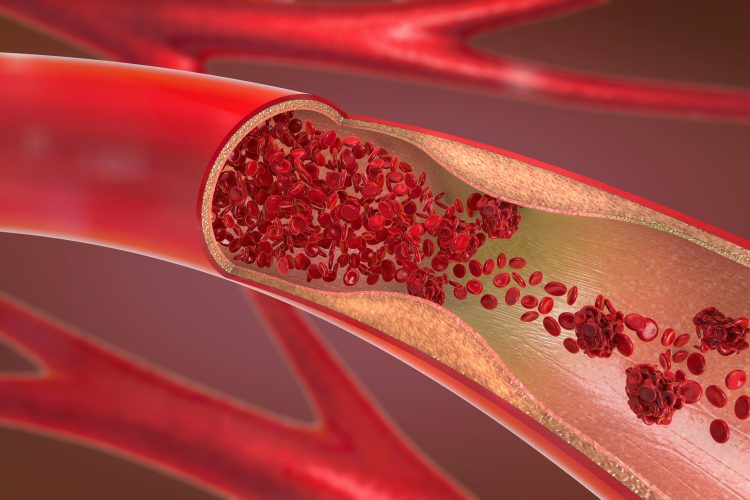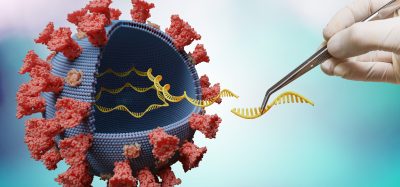Discovery of over 100 genomic loci linked to hypertension
Posted: 1 May 2024 | Drug Target Review | No comments yet
The study’s findings explain the genetic differences in people’s blood pressure, which could lead to personalised medicine approaches.


Researchers at the National Institutes of Health and collaborators have identified over 100 new genomic loci that appear to influence a person’s blood pressure. The study’s findings also indicate several specific genomic loci that could be relevant to iron metabolism and adrenergic receptors.
Almost half of adults in the United States have hypertension. High blood pressure often runs in families, meaning that it is not only environmental contributions such as a high-salt diet, lack of exercise, smoking and stress that increase a person’s susceptibility to develop the condition. The heart and blood vessels throughout the body are damaged when blood pressure is consistently too high, increasing a person’s risk for heart disease, kidney disease, stroke and other conditions.
This paper is one of the largest genomic studies of blood pressure to date, including data from over one million participants. It offers insights into how blood pressure is regulated, which could point to potential new drug targets. Dr Jacob Keaton, staff scientist in the Precision Health Informatics Section within the National Human Genome Research Institute’s (NHGRI) Intramural Research Program and first author of the study explained: “Our study helps explain a much larger proportion of the differences between two people’s blood pressure than was previously known…Our study found additional genomic locations that together explain a much larger part of the genetic differences in people’s blood pressure. Knowing a person’s risk for developing hypertension could lead to tailored treatments, which are more likely to be effective.”
The scientists combined four large datasets from genome-wide association studies of blood pressure and hypertension. From their analysis, they discovered over 2,000 genomic loci linked to blood pressure, including 113 new regions. Several of the newly discovered genomic loci reside in genes that play a role in iron metabolism, confirming previous reports that elevated levels of accumulated iron can contribute to cardiovascular disease.
The association between variants in the ADRA1A gene and blood pressure was also confirmed. ADRA1A encodes an adrenergic receptor that is currently a target for blood pressure medication, suggesting that other genomic variants found in the study may also have the potential to be drug targets to alter blood pressure. “This study shows that these big genome-wide association studies have clinical relevance for finding new drug targets and are needed to discover more drug targets as we go forward,” stated Dr Keaton.
These analyses enabled the team to calculate a polygenic risk score, which could be a useful tool in precision medicine, although more diverse genomic data is required for the scores to be applicable in routine health care. Due to the limited availability of diverse datasets when the study was started, the collected data was mostly from people of European ancestry. However, the team found that the polygenic risk scores were also applicable to individuals of African ancestry, confirmed through data analysis of NIH’s All of Us Research Program.
Led by researchers at NHGRI, the work was done in collaboration with Queen Mary University of London, Vanderbilt University Medical Center, Nashville, Tennessee, the University of Groningen in the Netherlands and other institutions, as part of the International Consortium of Blood Pressure. Over 140 investigators from more than 100 universities, institutes and government agencies contributed to this international study.
This study was published in Nature Genetics.
Related topics
Drug Targets, Genetic Analysis, Genomics, Personalised Medicine
Related conditions
Heart disease, Hypertension, Kidney disease
Related organisations
International Consortium of Blood Pressure, National Human Genome Research Institute (NHGRI), Queen Mary University of London, University of Groningen, Vanderbilt University Medical Center
Related people
Dr Jacob Keaton (NHGRI)








